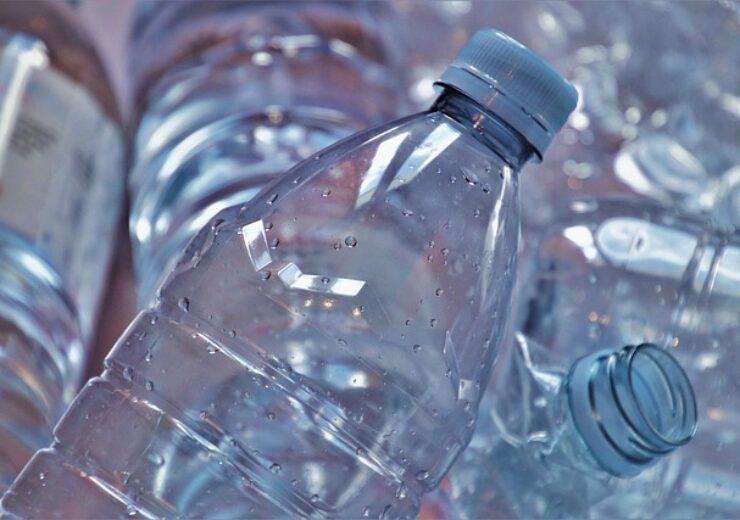Biffa has supported SBF GB&I, a consumer goods company, to redesign its ready-to-drink Ribena bottle to increase the recyclability

Biffa partners with SBF GB&I to make Ribena bottles more recyclable. (Credit: pasja1000 from Pixabay.)
UK-based waste management company Biffa has collaborated with Suntory Beverage and Food GB and Ireland (SBF GB&I) to make Ribena bottles more recyclable.
The company has supported SBF GB&I, a consumer goods company, to redesign its ready-to-drink Ribena bottle to increase the recyclability.
As part of the redesign, the labelling size of the classic 500ml Ribena bottle will be changed and it will leave the 100% recycled PET plastic exposed for sorting devices at recycling plants to be easily able to detect.
By changing the label size, Ribena rPET bottles can be successfully recycled into food-grade materials which are sustainable substitutes for virgin plastic.
Biffa Polymers commercial manager Chris Hanlon said: “By removing the coloured label the bottles are much easier to process and recycle back into plastic bottles which can then be reused.
“Designing packaging to be recyclable from the outset is the best way to ensure a more sustainable approach to plastics and it’s good to see a leading business such as SBF GB&I instilling confidence in consumers in this way.
“At Biffa, helping our customers to recycle more is a fundamental part of our sustainability strategy and we have committed to unlocking £1.25bn of investment in green economy infrastructure by 2030 to help ensure that more and more waste can be successfully recycled here in the UK.”
The UK-based waste management company has recently opened a £27.5m recycling facility in Seaham, County Durham that can process the equivalent of 1.3bn plastic bottles each year.
It has also joined the On-Pack Recycling Label (OPRL) scheme that comprises more than 570 members in the UK.
Last month, Biffa has collaborated with the Poseidon Project, a cross-industry initiative that aims to create a process to chemically recycle harder grades of polyethylene terephthalate (PET) material, to recycle the previously non-recyclable plastic.
